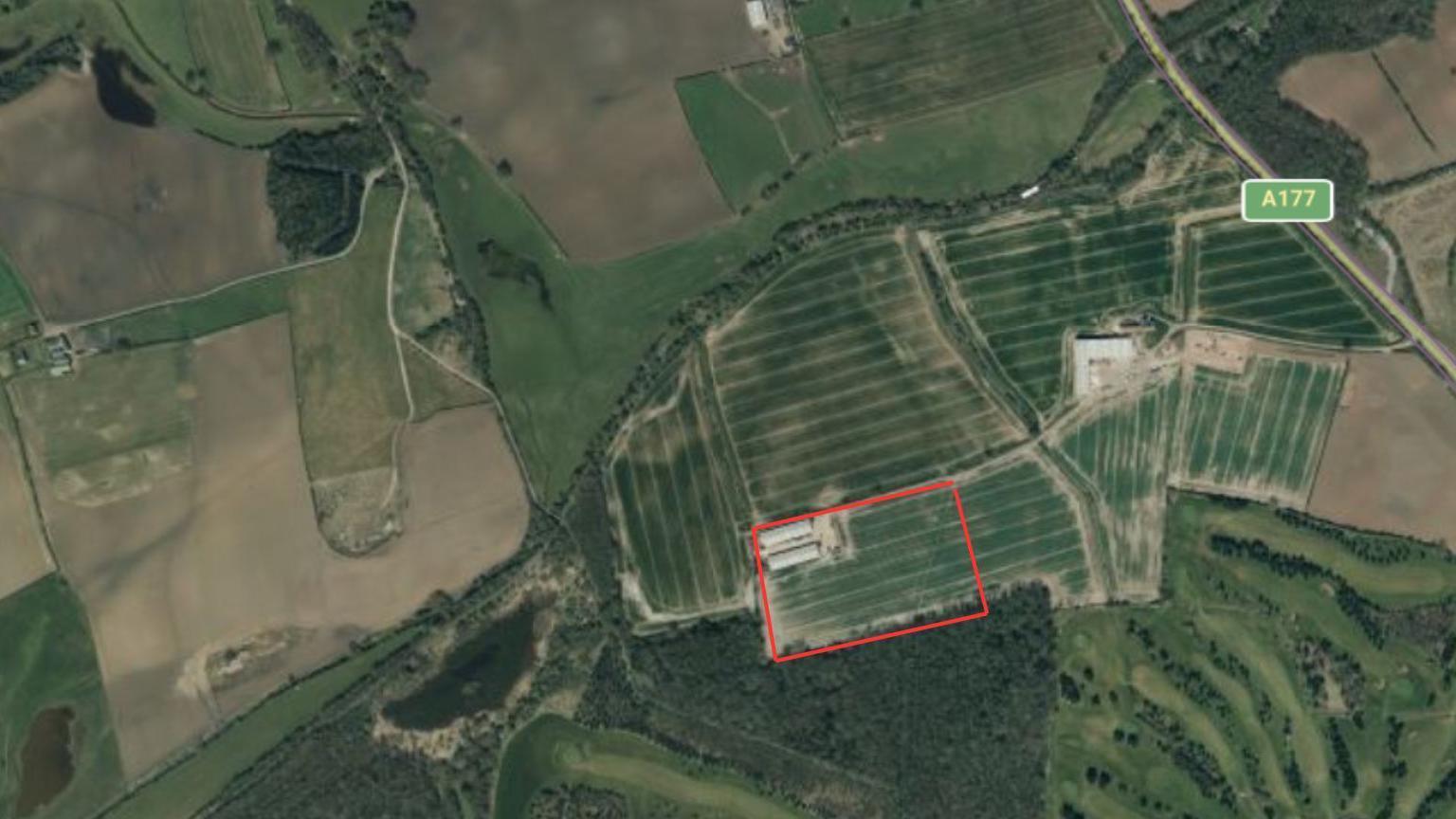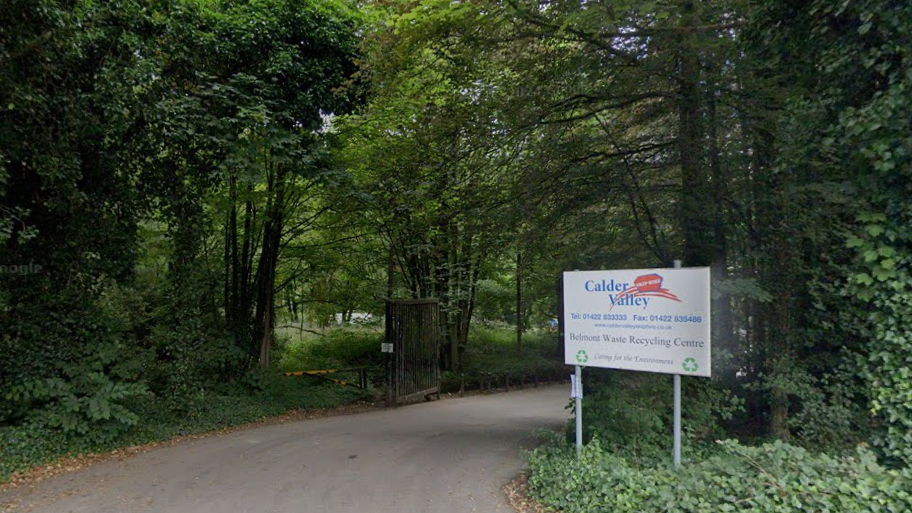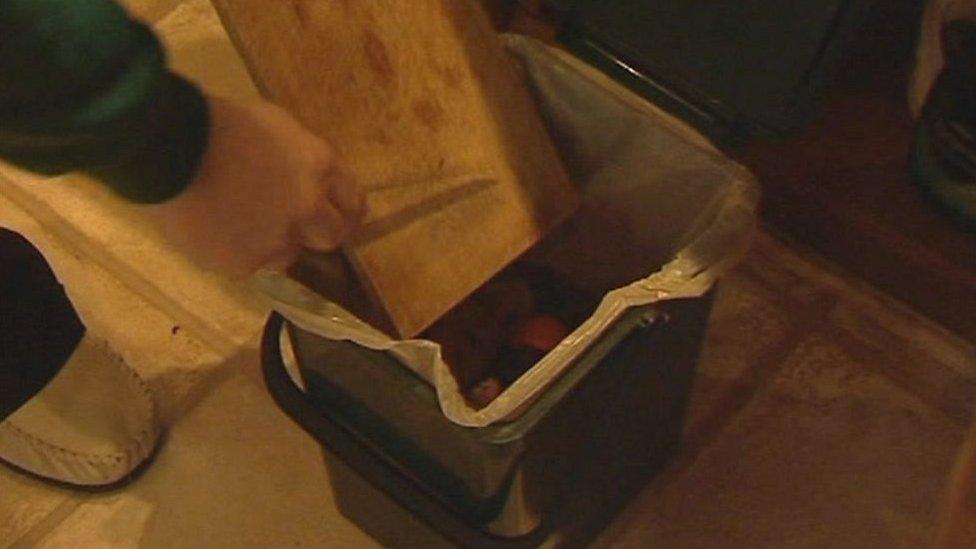Plant turning food waste into electricity approved

It will take 14 months to build the plant
- Published
A biodegradable energy plant that will turn waste into electricity and power homes is set to be built.
Teesside company BioConstruct NewEnergy said the facility, at Bishop Middleham, near Sedgefield, would process food waste and farmyard manure, producing methane gas which will be purified for the National Grid.
Durham County Council’s planning committee approved the plans on Tuesday.
Sedgefield Town Council said it was worried about the development's impact on air quality and highway safety.
Representatives for BioConstruct NewEnergy said the plant would not cause "noise or odour nuisance".
Construction is expected to take up to 14 months, the Local Democracy Reporting Service said.
Two large digester tanks will be built as part of the facility.
The plant will need 76,000 tonnes of feedstock annually, which will include maize chicken and pig manure, as well as liquid and food waste syrups.
In a statement, the town council, said: "Strong odours will detrimentally affect nearby residents and businesses."
However, the company behind the development said: "It will not result in a significant impact on the landscape or visual amenity.
"It will also not give rise to traffic issues of any significance."
The company also refuted that its plans would harm the local ecology or impact on "features of archaeological importance".
Follow BBC Tees on X,, external Facebook, external, Nextdoor and Instagram, external. Send your story ideas to northeastandcumbria@bbc.co.uk.
Related topics
Related stories
- Published28 November 2024

- Published17 August 2017
